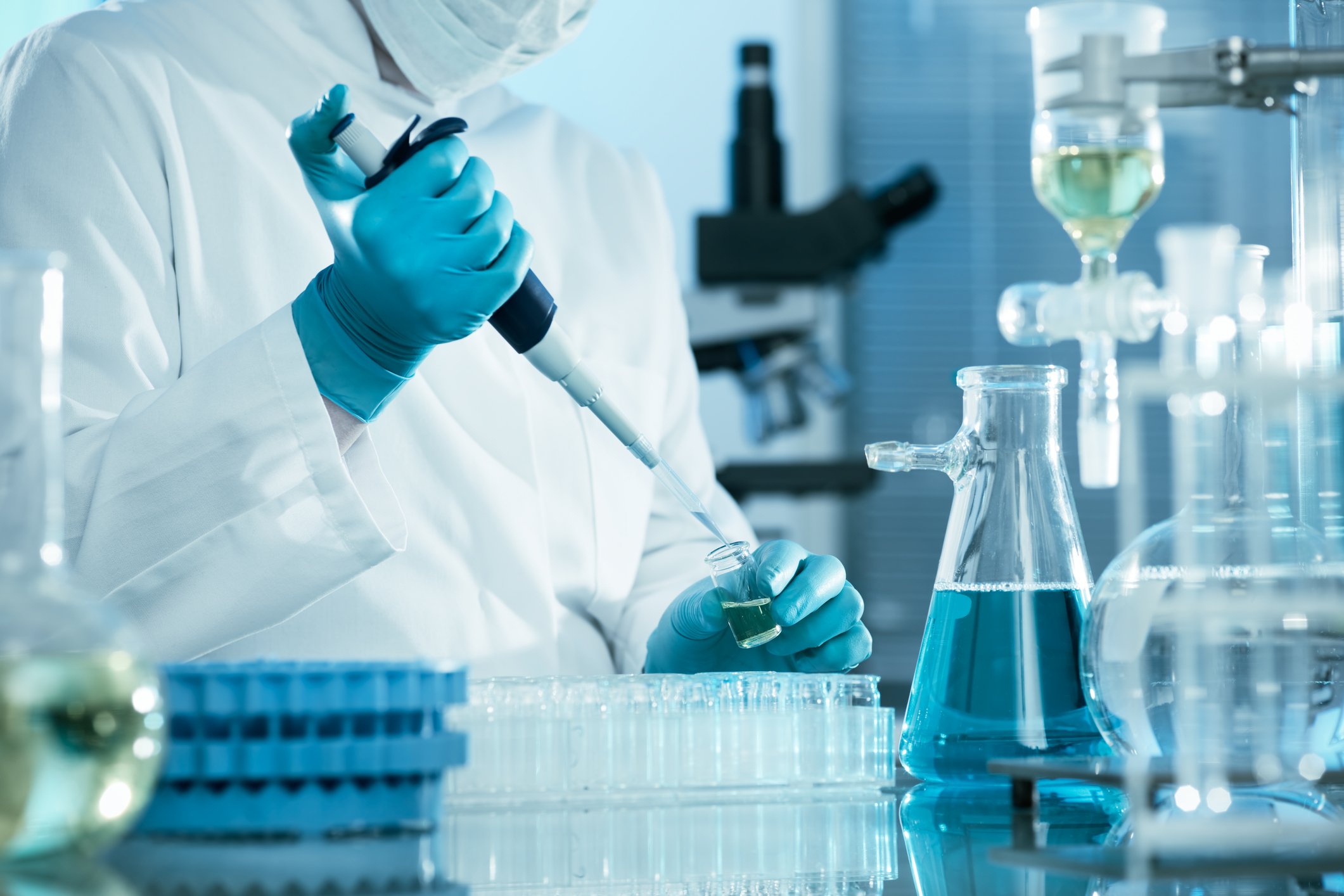Is This Your Most Essential Piece Of Lab Equipment?
22 jan 2020

The Water Purification System – Your Most Essential Piece of Lab Equipment
A scientist’s laboratory should be their pride and joy: it’s vital for conducting pioneering research and the control center of any scientific study. However, inadequate laboratory equipment can lead to failed experiments, damaged apparatus, and poor-quality data. No two laboratories are the same, and while equipment essentials will certainly vary, without a doubt one of the most important pieces of modern labware is the water supply. Humble water is known as the universal solvent for good reason; it’s used in a staggering range of scientific disciplines – from astrophysics to zoology. Just as water is vital to life, it’s vital to the laboratory.
The quality of the water dispensed in the laboratory is paramount, with the consistency of the pure water supply being key for reliable results. (1) Impurities present in water can tarnish the validity of data, and if the contaminants are coming from the dispenser itself, the reproducibility of experimental processes can be compromised. Given that water is used for sample production, dilution, rinsing instruments, the preparation of standards, and much more, a subpar dispenser could cost your research dearly.
An effective water purification system is therefore important to ensure that your experiments run as smoothly as possible. The idea of a water purification system isn’t a new concept; the importance of some form of water treatment has been realized for over 4000 years. But the technology behind these procedures has certainly become more sophisticated since the days of filtering pond water through sand and gravel to improve the taste! For modern water purification, there are several factors to consider to ensure that you purchase the best and most cost-effective system for your requirements.
How To Choose New Lab Equipment for Water Purification
It’s only natural to have a few questions before purchasing a new water purification system, after all, it’s a big investment and a system will need to meet your laboratory’s requirements not only now, but also in the years to come. One of the first things to consider when looking for a new water purification system is whether it adheres to good manufacturing practices. This will ensure your new system is of high quality, able to purify water to the specified standard, and has minimal impact on the environment. At ELGA Labwater, all of our systems are designed in the UK in accordance with The International Organization for Standardization’s (ISO) practices for quality management (4) and environmental management. (3)
Principally when buying a new lab equipment for water purification, the main concern should be which grade of water purity your laboratory requires. (4) In order to be cost-effective, it is important that you use only the minimum purity of water required for each purpose.
Here is a quick guide to the different types of pure water (5) and examples of the different applications each should be used for:
- Type III water is used for all non-critical work, such as rinsing glassware or filling water baths.
- Type II water is employed for general laboratory use, such as diluting solutions or making buffers.
- Type II+ water (as specified by ELGA Labwater) is used in electrochemistry and spectrophotometry applications, and to feed into ultrapure water systems.
- Type I ultrapure water is required for analytical laboratories and techniques like HPLC, mass spectrometry, and cell culture.
- Type I+ ultrapure water (as specified by ELGA Labwater) is needed for ultra-trace analysis, ion chromatography, and qualitative analysis.
At ELGA Labwater we use advanced purification methods to reduce impurities to ultra-low levels in order to deliver the different grades of water purity. To achieve this, we employ several different technologies in our water filtration systems: from activated carbon and reverse osmosis, to ultraviolet irradiation, as well as ELGA Labwater’s patented PureSure® technology.
Things to Consider When Buying New Lab Equipment
Once you’ve determined the water purity level you need, there are some other important factors to consider, such as your laboratory’s daily water usage to ensure the water purification system you purchase can meet demand during peak usage periods. Not sure how to work this out? Fortunately, our buyer’s guide includes a handy calculator to estimate your laboratory’s daily water usage.
For many laboratories today, space is an issue and therefore before purchasing new lab equipment, it’s important to make sure it will fit in your laboratory. ELGA Labwater’s modular water purification systems ensure that any available area is utilized in the best possible way. Components of the water purification system can be tucked under a laboratory bench, while dispensers can be wall-mounted.
Just like the best of us, age eventually takes its toll on water purification systems and on the dependability of the supply. (6) Certain risks like leaky pipes, perishing pumps, and degrading plastic can mean that the water dispensed may not be as pure as you think. At ELGA Labwater, our specialized expertise safeguard that our water systems are built to last, ensuring that they are a dependable and cost-effective investment.
Laboratory Water Purification Solutions
At ELGA Labwater, we are specialists in the field of water purification lab equipment. With 80 years of expertise, our products are perfect for any and every water-based laboratory application. Our water filtration systems ensure that, when needed, every drop is as ultrapure as the last. Whatever your requirements, we understand the necessity for a reliable, robust, and cost-effective water purification system to satisfy the grade of water your research applications and experiments desire.
To help you choose the best lab equipment for water purification for your needs and to find out more about ELGA Labwater’s products, contact us or one of our Approved Partners
References
[1] https://www.elgalabwater.com/blog/consistency-key-reliable-results
[2] https://www.iso.org/iso-9001-quality-management.html
[3] https://www.iso.org/iso-14001-environmental-management.html
[4] https://www.elgalabwater.com/ultrapure-water
[5] https://www.elgalabwater.com/blog/different-types-pure-water-what-you-need-know
[6] https://www.elgalabwater.com/blog/how-age-takes-its-toll-your-water-purification-system
